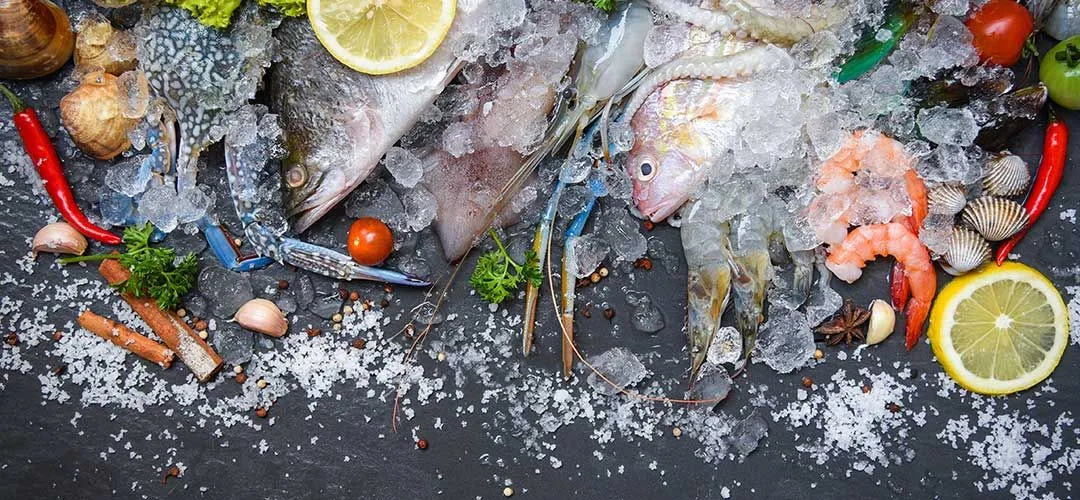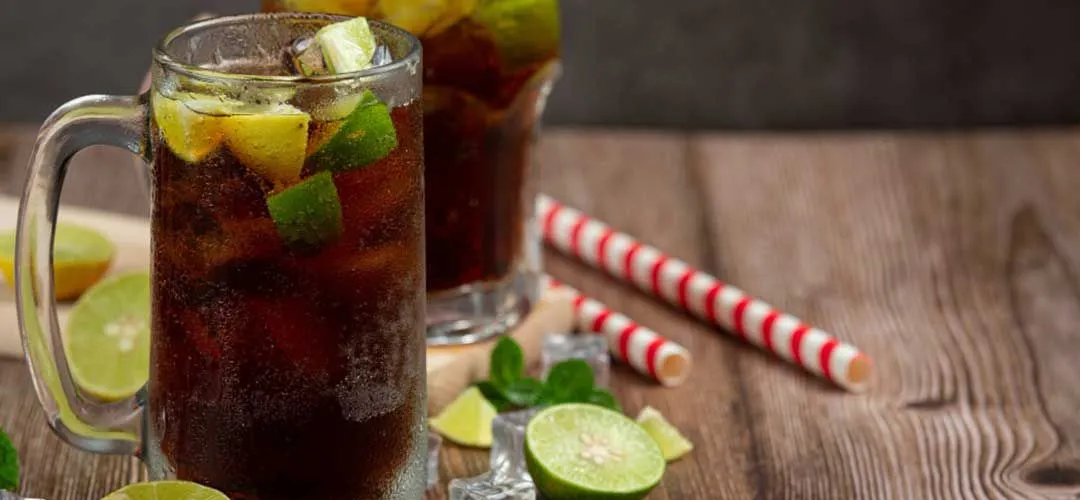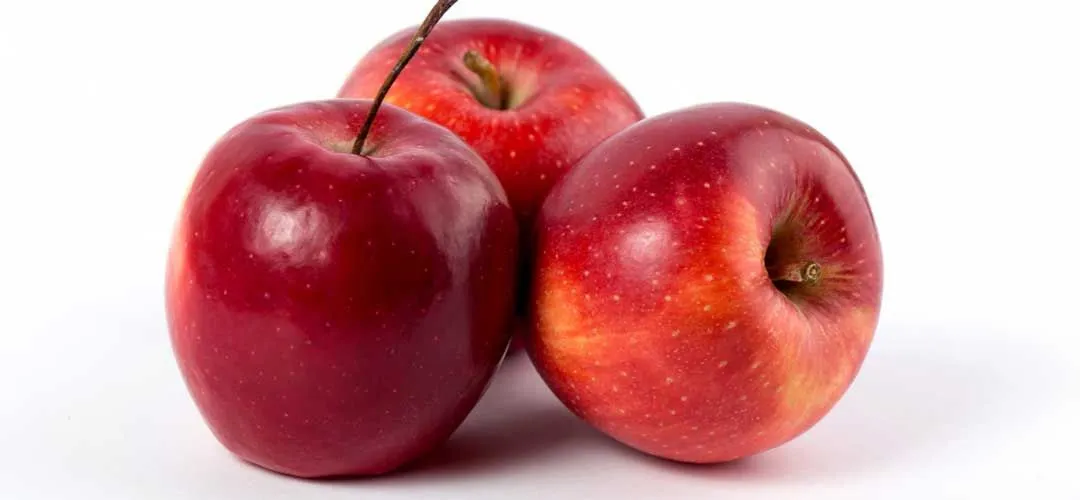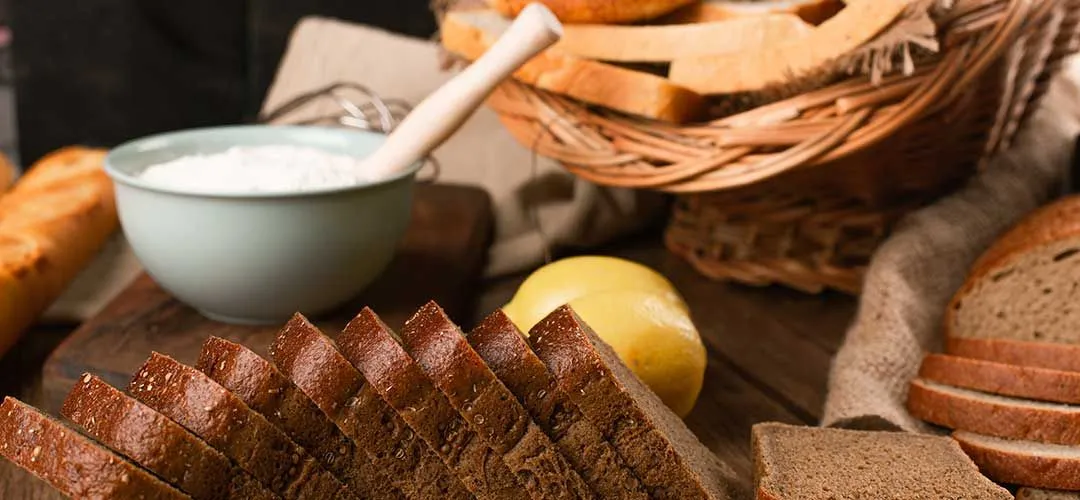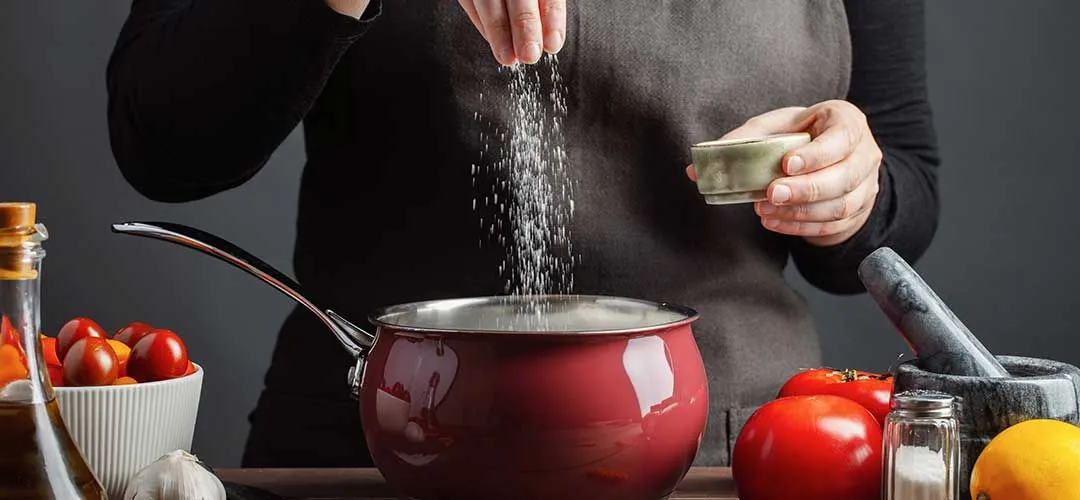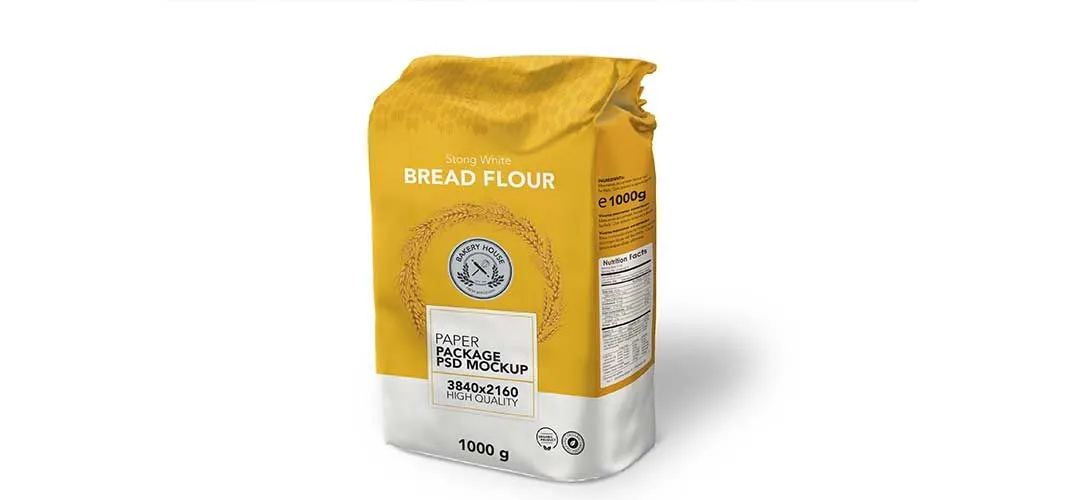Everybody knows that 60% of the human body is made up of water. Your body is a complex system and if it lacks or gets too much of something, it can breakdown with a lot of bad consequences. The imbalance can manifest itself in the form of water retention. Water retention is a big roadblock for weight-conscious people because it hinders their long-term fitness goals.
Something that can be held majorly accountable for causing water retention in the human body is Sodium. It mostly appears in our food as common salt and usually there is little we can do to avoid it completely. Keeping the salt shaker at bay is very good practice, but there are some other food items as well that can be held responsible for increasing water retention in your body.
On the face of knowing what a grave health issue this could be, we are presenting a list of foods that may cause water retention to a worrisome extent. We suggest you make a note of them, stay away from an excess of their consumption, and rather choose a healthier and organic lifestyle to get in better shape.
Please note that choosing a healthier lifestyle would also come with a series of benefits like enhanced resistance to illnesses, more agility, better response to environmental changes, sound sleep, and faster reflexes. This would be over and above the requisite benefit of more robust health and better longevity.
So here goes the list of the foods that you should stay away from:
As pointed in the above discussion, common salt (or table salt) is the biggest culprit when it comes to bloating. High-sodium foods cause the body to retain water that can cause you to balloon up.
Even though you know who the culprit is, it is not that easy to throw this one out of your diet because it is present in almost everything you eat, like processed and packaged foods, soups, bread, etc.
Furthermore, regular table salt contains around 40% sodium and when you consume too much salt, your body dilutes the sodium with water and retains this excess fluid. Instead of using table salt for enhancing the flavor, it is recommended to use spices and herbs to avoid bloating.
All the carbonated drinks ranging from sodas to fizzy drinks are responsible for causing bloating since they have carbon dioxide, which is responsible for creating gas in the stomach. Besides, there are several beverages like alcohol, coffee, caffeinated drinks, tea, and some fruit juices that are high in acidic content and they may create trouble for your GI tract, thus leading to bloating.
Cruciferous vegetables like cabbage, kale, broccoli, etc. which are considered good for weight loss are also a culprit in the context of water retention. This is because these vegetables contain raffinose, which is a type of sugar that remains undigested until it gets fermented by the bacteria in your gut, resulting in gas and bloating.
Though these vegetables cause bloating, their numerous benefits still point out that they should be a part of your daily diet. So what needs to be taken care of is their respective portion. Rather than going for the raw form, it's better to steam these vegetables because it will make them easier to digest.
Apples are high in fiber and they make a good choice for the fitness-savvy professionals who want to lose weight quickly. But along with this, this fruit also contains fructose and sorbitol that are difficult to digest for some people, thus resulting in a puffy feeling in the body.
Apples are a great snack as they are rich in nutrition and they give you around 10% of your daily requirement of Vitamin C. We suggest you take them in moderation and time their intake by separating it from your meals!
Most products that are rich in starch like potatoes, maize, pasta, wheat, etc. produce gas in the human body. They are also high in fats and if you are looking for quick weight loss you should say no to such products.
Further, it is important to stay away from refined grains like white flour that's often used in white bread, cake, and biscuits. Not only do they offer little nutrition, but they can also cause water retention, with bloating as a result.
If your body is unable to digest milk or dairy product it might be another major reason for bloating. People who are intolerant towards lactose, their bodies are not able to digest dairy products passing them to the colon where gas is produced by the bacteria, which tries to break it down.
So, it’s time to get diagnosed for lactose intolerance and to consult a dietitian to ensure adequate consumption of calcium-rich foods.
This is the most common element in our list as everybody knows that beans, lentils, soybeans, and peas are gas-causing foods. Though these small pearls are loaded with proteins, they also have quantities of sugars and fibers which our bodies can't absorb.
When the legumes you consume reach the large intestine, your gut bacteria start feeding on them and this may lead to bloating and acidity. The quick fix to this problem is to have legumes along with some other easily digestible grains like quinoa, oats, or rice!
The intake of greasy food items like burger, chips, doughnuts, etc. causes bloating in the body as the stomach takes much longer to break down the fats and properly digest them. When you take spicy food, it stimulates the release of stomach acid and it may cause acidity.
So, it’s time to listen to your stomach and say no to foods that are high in spices like pepper, cloves, nutmeg and also limit the intake of fried food items. The above list of foods that cause water retention should be enough of a reminder for you to switch to a healthier lifestyle, starting today!
There are several ways in which one can negate the aforementioned health issues, and one such smart way is to understand the simple way that water retention treatments usually work. To begin with, you would be best advised to stay away from any excess of the above foods and to choose a healthier lifestyle for the best results.
The following methods can come a close second:
Nothing works to shed extra fat and water faster as does regular exercise. It would be best to start with something very simple like dips or skipping ropes. Even Yoga and Zen meditation can also help to a certain degree.
The human body is acclimatized to store and spend energy, and this is just why recharging it through a proper sleep is an absolute must. We recommend you focus on getting enough sleep (6 hours at least) for better functioning.
There is a Spanish proverb that says, ‘Worry gives small things a big shadow.’ Nowhere this truer in life than our everyday dealing in the workplace where we are dropped a ton of things to worry about and to feel miserable when we can rather stay humble and smart.
Natural Sugars (like glucose and fructose) are an important part of our blood sugar levels. They can be best replenished through natural and organic foods and fruits. The more you have of them (in moderation, of course), the faster you can fight water retention.
Salt has a water-absorbent property that makes it a prime suspect in the case of water retention. It would be thus best to stay away from your daily habit of sprinkling more salt or your food and fruits, just for the sake of ‘tanginess’ and flavor. Even your kidney too would thank you for using less salt every day.
Magnesium is required for more than 300 natural and biochemical reactions in our bodies. It maintains normal nerve and muscle functions and is also credited for keeping our bones stronger. When taken in via fruits, it helps to resist water retention and thus keeps us fit.
We should drink at least six liters of water every day. The human body is a powerhouse of several thousand biochemical processes that take place every day and water is a common ingredient in most of them. If we consume less water, the body tends to “store” it for future use, thus leading to water retention.
You may also go the more sophisticated way of popping up pills now and then, but that won’t be the best solution if you are not restricting your malpractices and food indulgences. Secondly, depending too much on medicines is not always the best option in most cases.
Don't get upset by seeing the list above as it indicates that most of your local grocery store is stocked with nothing but foods that cause water retention. All you need to do is pay special attention to the sodium content of pre-packed foods. As per the guidelines laid by USDA, an individual should not have more than 2300 mg sodium in a day.
You will also be able to handle bloating by consuming foods that are rich in Potassium and then exercising properly to match its consumption. Following a healthier lifestyle would help by a mile because one just can’t always sweat it out to get rid of water retention.
We hope that you will be more careful when you go for picking up groceries to stay away from water retention and related problems from next time.
The above list would seem both exhaustive and daunting to most people- but it is not. We suggest that you take your own sweet time to decide on your preferences and start cutting out the irregularities slowly from your daily eating habits.
This would serve two benefits: first, your body would get enough time to acclimatize to the changes, and second, sticking to these changes would offer you enough confidence to persist.
All you would need now is a strong belief in yourself and a determination to stay away from the temptations of those bad habits that were pegging you down. The sooner you start, the faster you may win!
